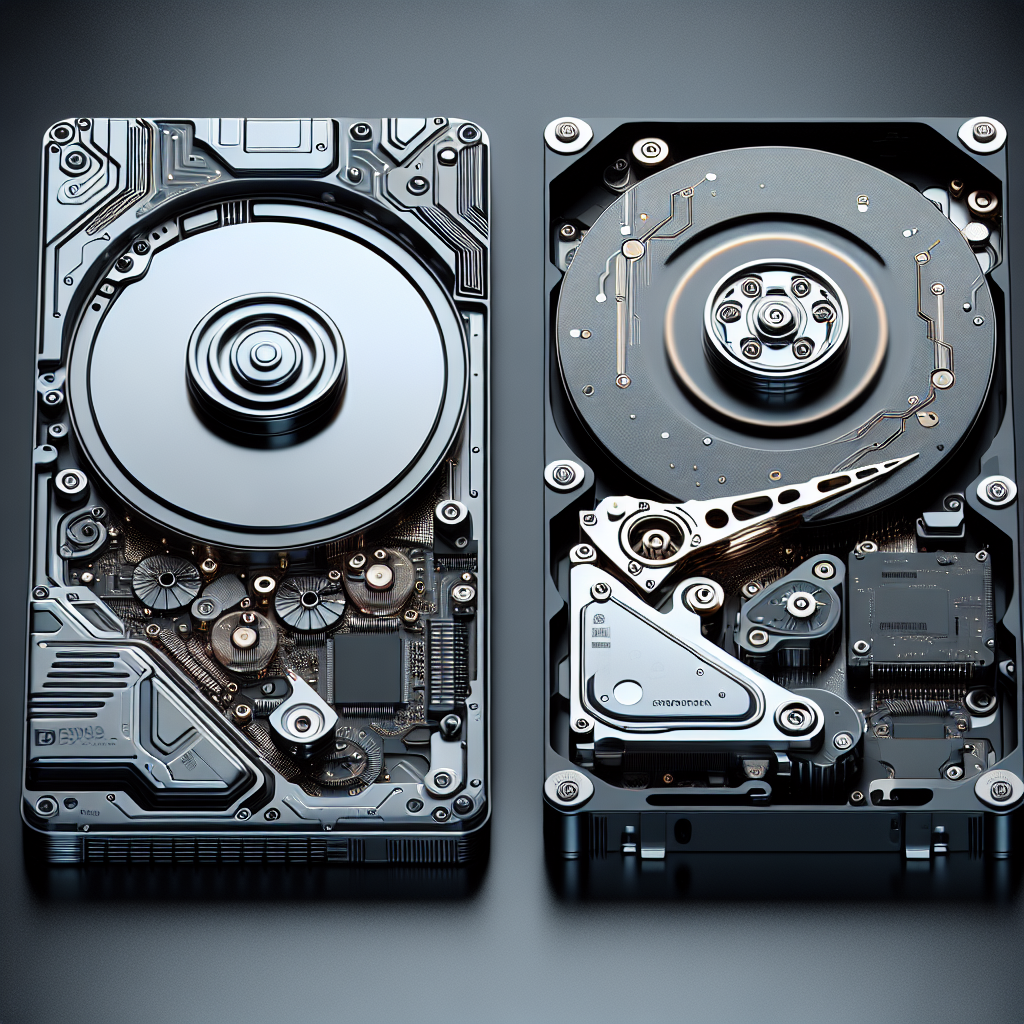The Future of Storage: Solid-State Drives vs. Traditional Hard Drives
In the world of technology, storage devices play a crucial role in storing and accessing data. For years, traditional hard drives have been the go-to option for storing large amounts of data. However, with the advancements in technology, solid-state drives (SSDs) are becoming increasingly popular as an alternative storage solution.
Traditional hard drives, also known as hard disk drives (HDDs), have been around for decades and are known for their reliability and affordability. HDDs use spinning disks to store data, which can lead to slower read and write speeds compared to SSDs. Additionally, HDDs are more prone to mechanical failures due to the moving parts inside the drive.
On the other hand, SSDs use flash memory to store data, which results in faster read and write speeds. This means that SSDs can boot up faster, load applications quicker, and provide a more responsive computing experience overall. Additionally, SSDs are more durable and reliable than HDDs since they do not have any moving parts that can fail.
One of the main drawbacks of SSDs is their higher cost per gigabyte compared to HDDs. However, as technology advances and production costs decrease, the price difference between SSDs and HDDs is becoming less significant. Many consumers are willing to pay a premium for the increased speed and reliability that SSDs offer.
In terms of capacity, HDDs still have the upper hand as they can store more data for a lower cost. However, SSDs are catching up quickly, with higher capacity drives becoming more affordable and widely available.
The future of storage is moving towards SSDs as the primary storage solution for both personal and enterprise use. As technology continues to evolve, SSDs will become more affordable, faster, and more reliable than ever before. While HDDs will still have a place in the market for storing large amounts of data at a lower cost, SSDs are the future of storage for those looking for speed, reliability, and performance.
In conclusion, the future of storage is solid-state drives. With their faster speeds, increased reliability, and decreasing costs, SSDs are becoming the go-to option for storing data. While traditional hard drives still have their place in the market, SSDs are leading the way in innovation and performance. It’s only a matter of time before SSDs become the standard storage solution for all computing needs.


